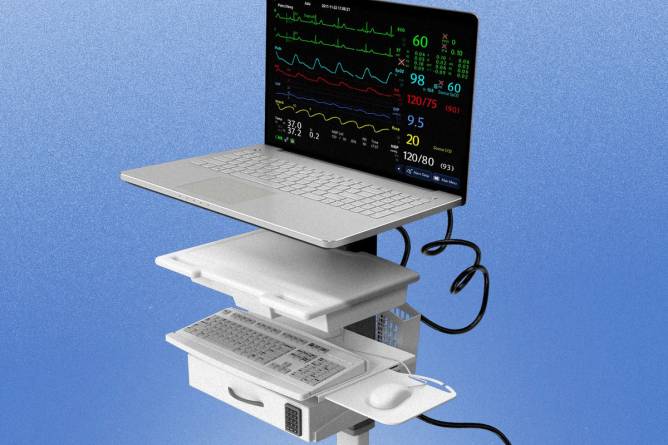|
Weight loss drugs are all the rage in the pharmaceutical industry. Now, AbbVie wants a piece of the pie.
The North Chicago-based drug company announced a $350 million deal on March 3 to purchase Denmark-based biotech company Gubra and its weight loss medication, GUB014295, also known as Gubamy. The deal also left room for up to $1.9 billion in performance-based milestone payments.
Gubamy, a once-weekly injection, is currently in a Phase 1 clinical trial. It mimics the hormone amylin, which regulates blood sugar and appetite, and can send signals to the brain that suppress eating and slow digestion, according to a release.
This is different from competitors that create drugs to mimic the GLP-1 hormone, which has, so far, been the more popular approach for approved weight loss drugs like Novo Nordisk’s Ozempic and Wegovy and Eli Lilly’s Mounjaro and Zepbound. Novo’s new drug CagriSema, which combines Wegovy’s active ingredient with an amylin analog, is in a Phase 3 trial, and Lilly is working on an amylin-based drug that’s in Phase 2 trials.
Keep reading here.—CM
|








